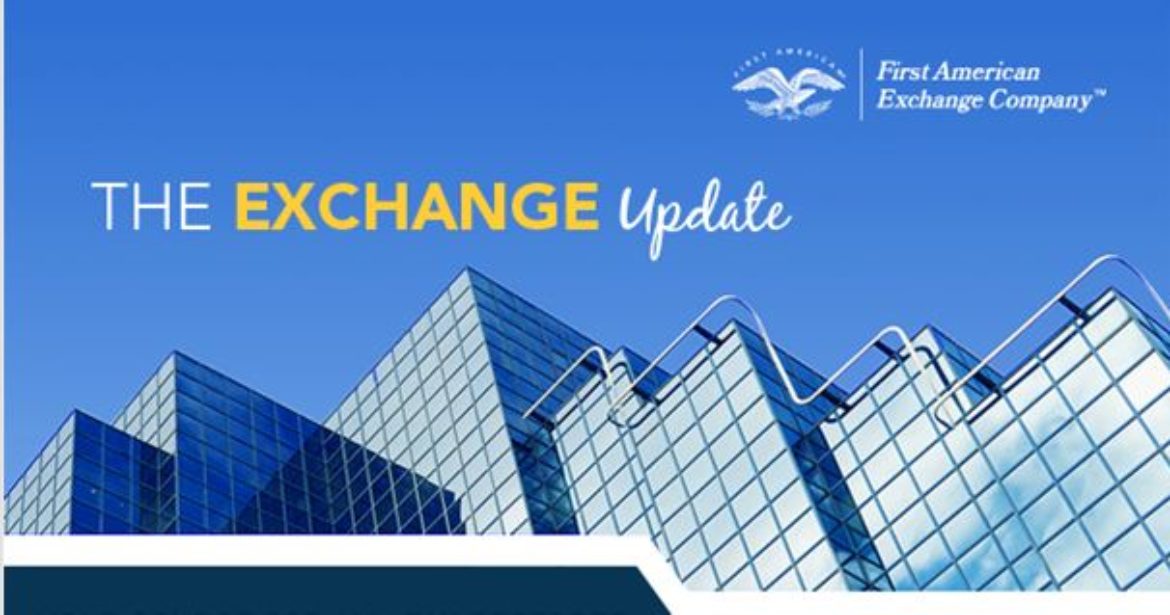Investors often sell property in one state and purchase real estate in another state – whether to achieve greater portfolio diversification, increase the power of their dollar, or move investments to their state of residence, there can be benefits to moving an investment from one state to another. A taxpayer may take this approach when completing a tax deferred 1031 exchange. This is permissible because real estate located in one U.S. state is considered “like-kind” to real estate located in any other state for exchange purposes.
In most cases, exchanging out of state allows a taxpayer to defer both state and federal income taxes (assuming the state has income taxes). However, note that taxpayers doing an exchange should always consult with their tax advisor regarding certain nuances that may apply from state to state to recognition of tax-deferred exchanges.
Certain states have special “claw back” laws that allow the state to track a taxpayer’s subsequent purchases and sales of property using proceeds from a property sold in that state. This way, when capital gains become due, the state can collect tax on the gains allocable to that state, even years later. This can at times result in double taxation as to some portions of a taxpayer’s capital gains. Currently, state with these claw back laws include California, Massachusetts, Montana, and Oregon.


Comments (0)